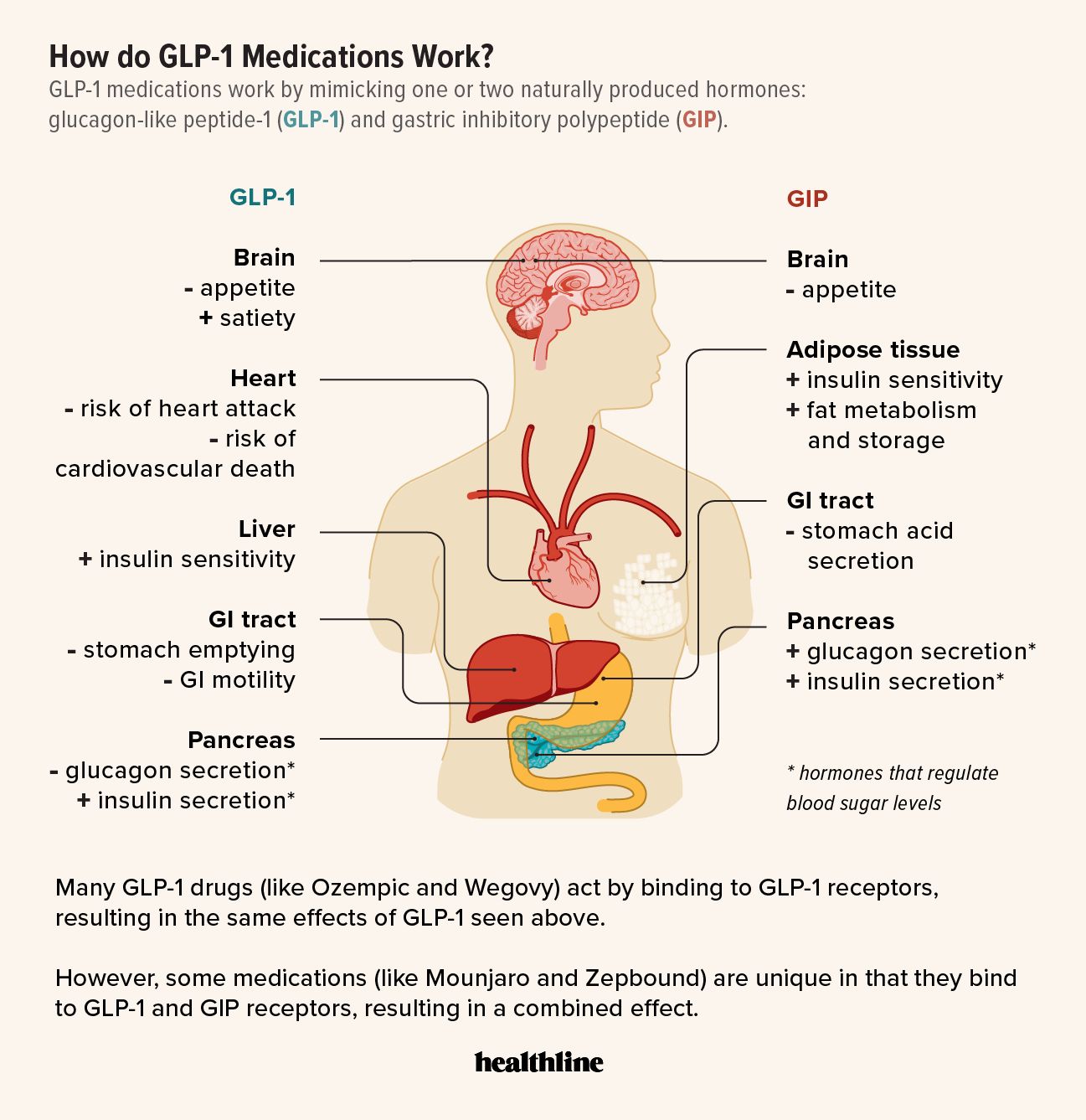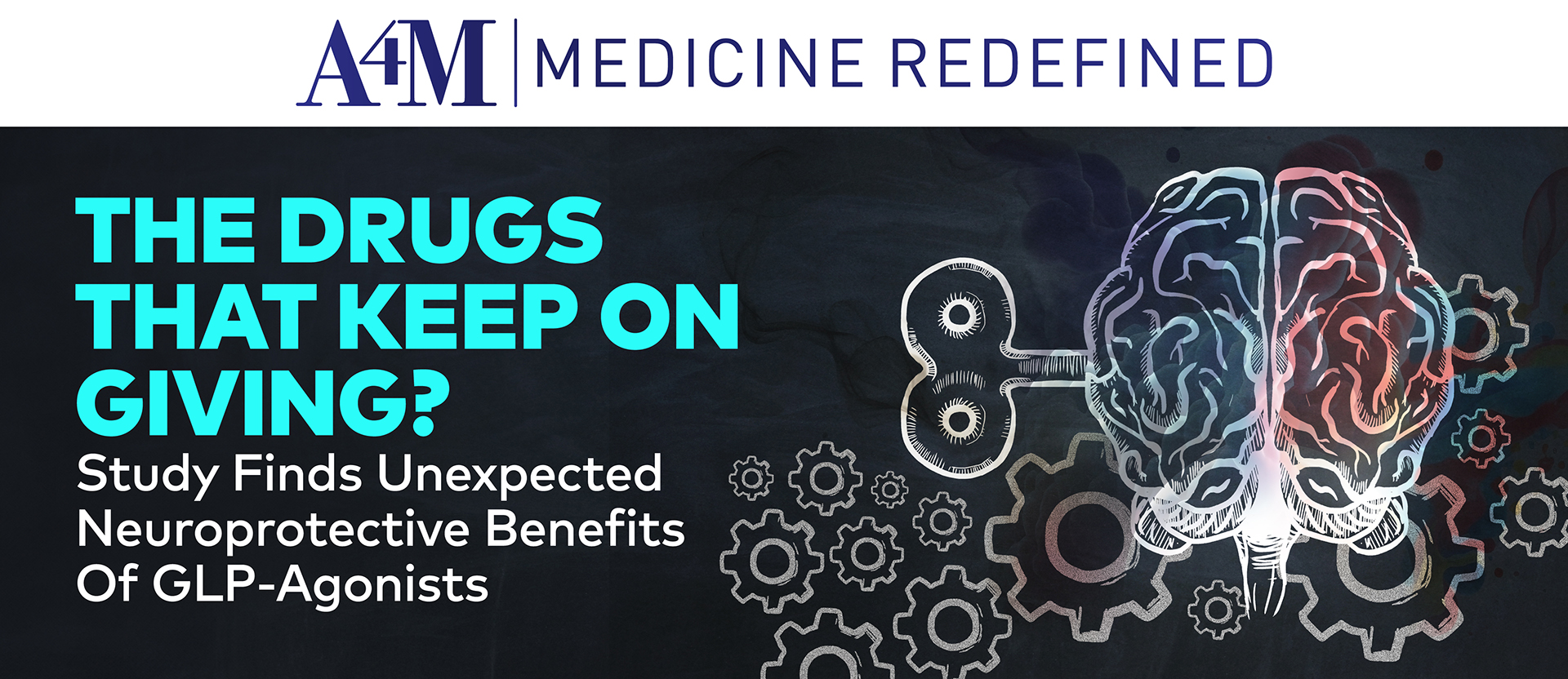Latest Research Reveals Surprising Benefits of GLP-1 Drugs Beyond Weight Loss
The GLP-1 receptor agonists, initially lauded for their effectiveness in managing type 2 diabetes and promoting weight loss, are increasingly captivating the scientific community with their surprisingly diverse range of potential health benefits. Recent research is unveiling a broader therapeutic landscape for these medications, extending beyond their established uses and hinting at significant implications for various chronic conditions. This article explores the latest findings and examines the expanding horizons of GLP-1 drug applications.
Beyond Blood Sugar Control: Expanding Therapeutic Horizons
While GLP-1 drugs are well-established for their role in improving glycemic control in type 2 diabetes, new studies are highlighting their impact on numerous other health aspects. These include:
Cardiovascular Health Improvements:
- Reduced Cardiovascular Events: Multiple studies suggest a significant reduction in major adverse cardiovascular events (MACE), including heart attacks, strokes, and cardiovascular death, among patients using GLP-1 receptor agonists. This protective effect is independent of weight loss, suggesting a direct impact on cardiovascular health.
- Improved Blood Pressure and Lipid Profiles: Research indicates that these drugs can contribute to improved blood pressure and healthier lipid profiles, further enhancing cardiovascular well-being.
Neurological Benefits:
- Potential for Alzheimer’s Disease Treatment: Emerging evidence points towards a potential neuroprotective role for GLP-1 agonists. Studies have shown potential benefits in slowing cognitive decline and improving memory in individuals with Alzheimer’s disease or mild cognitive impairment. This is an active area of ongoing research.
- Reduced Risk of Stroke: Beyond the cardiovascular benefits mentioned above, some research indicates a direct reduction in the risk of stroke, possibly through mechanisms related to blood vessel health and blood clot formation.
Other Potential Benefits:
- Improved Kidney Function: Some studies suggest a potential improvement in kidney function in patients with chronic kidney disease.
- Reduced Cancer Risk: Preliminary research hints at a potential link between GLP-1 receptor agonist use and a reduced risk of certain cancers, although further investigation is needed to confirm these findings.
Understanding the Mechanism of Action
The multifaceted benefits of GLP-1 drugs stem from their complex mechanism of action. These drugs mimic the effects of glucagon-like peptide-1 (GLP-1), a naturally occurring hormone that regulates blood sugar levels, appetite, and gut motility. By stimulating GLP-1 receptors, these medications:
- Increase Insulin Secretion: Promoting glucose uptake and reducing blood sugar levels.
- Decrease Glucagon Secretion: Reducing hepatic glucose production.
- Slow Gastric Emptying: Leading to increased satiety and weight loss.
- Influence the Central Nervous System: Potentially contributing to the observed neuroprotective effects.
Conclusion: A Promising Future for GLP-1 Drugs
The latest research on GLP-1 receptor agonists paints a picture of a versatile class of drugs with far-reaching therapeutic potential. While their efficacy in managing type 2 diabetes and promoting weight loss is well-established, the emerging evidence of cardiovascular, neurological, and other benefits suggests a much broader clinical application. Further research is crucial to fully elucidate these effects and determine their long-term implications. However, the current data strongly suggest that GLP-1 drugs may play a significantly larger role in improving overall health outcomes in the future.
Frequently Asked Questions (FAQs)
Q1: Are GLP-1 drugs safe? A: Like all medications, GLP-1 drugs have potential side effects, which can include nausea, vomiting, and diarrhea. However, these side effects are usually mild and transient. Your doctor will assess your individual risk factors and determine if these medications are appropriate for you.
Q2: Who are GLP-1 drugs suitable for? A: Primarily, they are prescribed for individuals with type 2 diabetes. However, their use is expanding to include patients with obesity and cardiovascular disease, pending further research and regulatory approvals.
Q3: Do GLP-1 drugs cause weight loss in everyone? A: While weight loss is a common side effect, the extent of weight loss varies from person to person. Several factors influence the degree of weight reduction.
Q4: Are GLP-1 drugs covered by insurance? A: Insurance coverage varies depending on your plan and location. It’s best to contact your insurance provider to determine your coverage.
Q5: What are the long-term effects of GLP-1 drugs? A: Long-term studies are ongoing to fully understand the long-term effects. Current research suggests a favorable safety profile and potential long-term benefits, but more data is needed.




